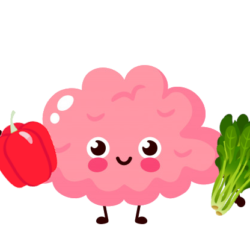Milk has been a part of human diet since thousands of years. Milk and milk products like butter, cream, yogurt, kefir, cheese, ice cream etc. are consumed by humans all over the world every single day. It is such an immense part of our lives that we have a special day for it when Milk is celebrated all around the world on June 1, called as World Milk Day.
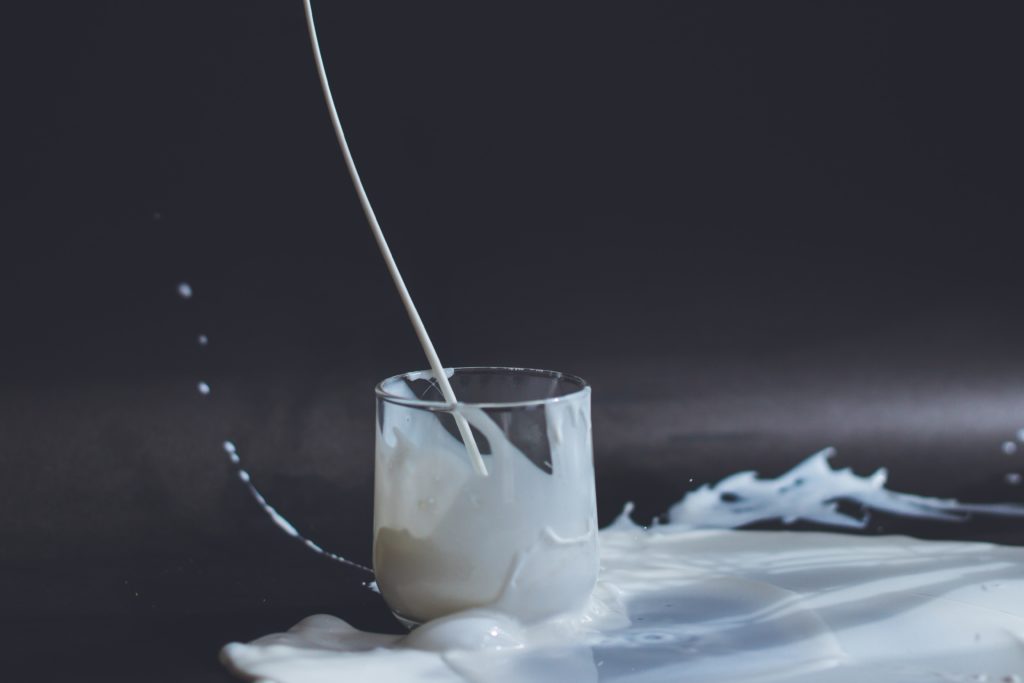
History of Milk
Milking of domesticated animals started way back when hunter gatherer humans changed their way of living and started settling down. With the settlement came a need to grow their own crops, store food for bad weather and to have a continuous uninterrupted supply for their families at all times.
And so began the domestication of animals such as goats, sheep, cow, ox, horses, chickens etc. When the animals were not busy in helping us grow crops and transport goods, they were providing us with milk, eggs and meat.
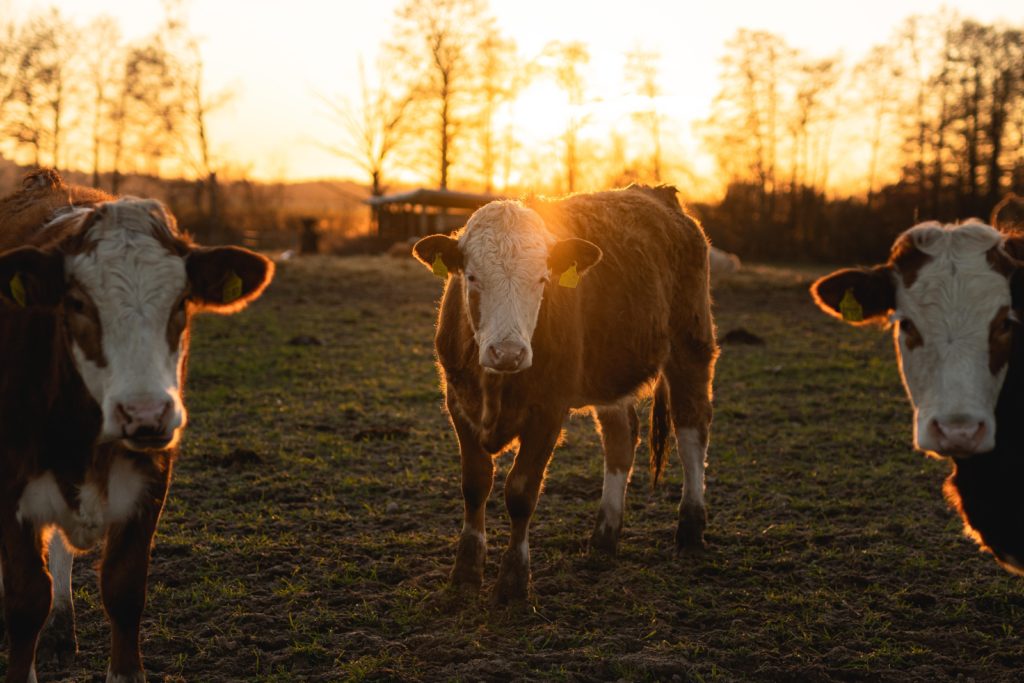
Animal Milk
There are multiple sources of animal milk that humans consume, most common being Cow Milk, Buffalo Milk, Goat Milk, Sheep Milk and Camel Milk. With increasing consumer demand, globalization and industrialization, the consumption of milk and milk products have sky rocketed. Today, it is extremely difficult to think about a day without any kind of dairy consumption.
Animal milk has a variety of nutritional benefits and is recommended by every other food guideline as an essential part of one’s diet. Apart from the well known protein and calcium, it also provides various vitamins and minerals such as A, B6, B12, C, D, K, E, phosphate, magnesium, potassium etc.
In addition, it also contains lactose which requires a special enzyme called as lactase for digestion. Interestingly enough, as we grow from infant to an adult, our body produces less and less lactase which makes the digestion of dairy very difficult. Moreover, it is estimated that about 68% of the world’s population has difficulty in digesting lactose. When such people consume dairy, they often experience symptoms like abdominal pain, bloating, diarrhea, gas and nausea.
Animal Milk also has high quantities of saturated fats that are greatly associated with a number of cardiovascular diseases such as high cholesterol, obesity, various kinds of cancers etc.
Plant Milk/ Milk Alternatives
Plant based alternatives to the traditional animal milk has taken over the markets in recent times. We can find these alternate products in our local grocery stores made from nuts, seeds, grains, legumes etc.
These milk alternatives are basically made by taking any plant based source, almonds for example, blending it with lots of water and then straining it until it resembles milk in appearance.
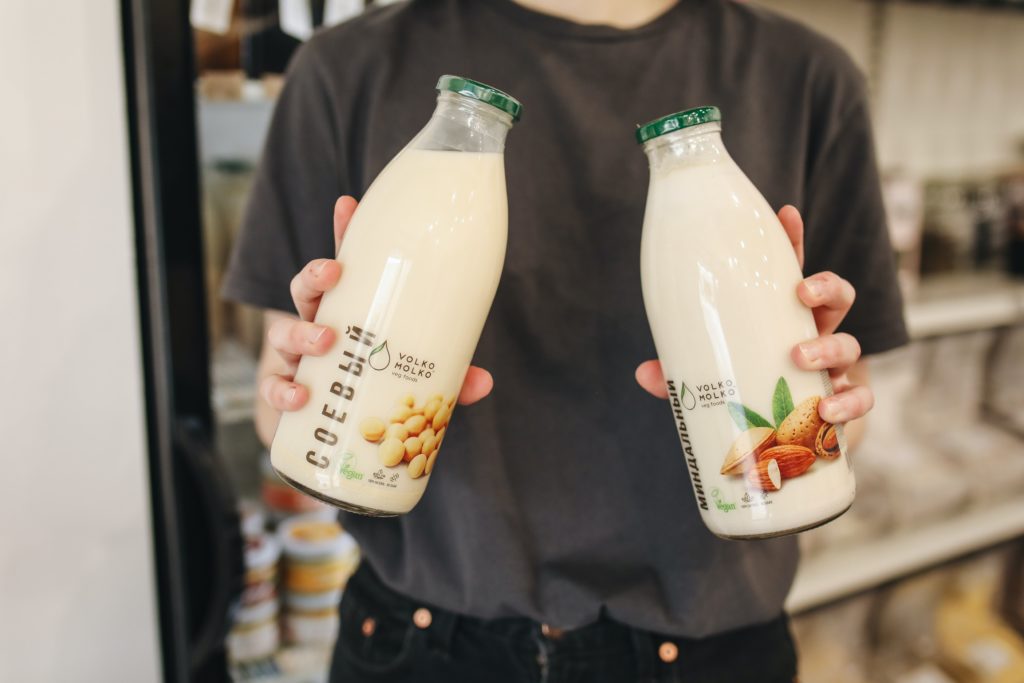
Plant milk, especially coconut and soy milk are used among humans for a very long period of time now. It is just recently that a lot of other kinds have emerged and the marketing of them has exploded. And not only do we have today endless alternatives to animal milk but a varied range of plant based dairy products such as yogurt and cheese as well.
Why do people prefer Plant based alternatives to Milk?

Health
Due to large scale demand and industrialization, animals are often given various kinds of injections in order to increase their milk production. These additional hormones seep in to the milk and then to humans upon consumption. They have a lot of short and long term side effects such as increased estrogen and excessive acne.
Plant based milk alternatives are considered healthier in comparison to animal milk as they
1. lack lactose, hence can be used for wider range of people without causing any digestive issues
2. have low or no amounts of saturated fats and cholesterol
3. have good unsaturated fats that are essential for the body
4. are fortified to compensate for the vitamins and minerals found in animal milk
In general, they are very light on the stomach for anyone, easy to digest and very popular among people who lead a plant based lifestyle.
Environment
Excessive demand and production of animal milk affects our environment in three ways –
1. Greenhouse Gas Emissions: They produce large amounts of greenhouse gases like CO2 and Methane that are hazardous for the environment and is contributing to catastrophic climate changes and natural disasters in current times.

2. Land Usage: They consume huge parts of land to keep the animals, additional land to grow their feed and for them to graze. They are responsible for a lot of deforestation that happens around the world when the time right now is for afforestation due to environmental damages.

3. Water Footprint: They also consume enormous amounts of water to grow crops for these animals, for them to feed on and the total energy conversion of this water for us (for milk, milk products or meat) does not justify the huge amounts being used. Plant Milk production too requires water but it is much lesser in comparison with Animal Milk.

Moral/Ethical
To some people it is unacceptable the way that animals are treated these days just to fulfill some of human beings growing demands such as excessive consumption of dairy. They are impregnated again and again so that they keep on producing milk. Shortly after birth, the infants are separated from their mothers and all the milk production is utilized for human consumption. It is unimaginable pain and suffering that a living being with emotions has to go through and some people choose to stand against it strongly by adopting a plant based lifestyle.
Such cruelty also brings in the negative and sad feelings of the animal into the milk that it produces.
Which Milk Alternative is the best for you?
In current times, no choice is ideal. Only one is better than another!
Keeping that in mind, the best plant based milk for you depends on your requirement, needs, goals and preferences. Definitely all plant milk production is much better for the environment than animal milk. Also better for the animals 😜
There is a huge variety of Plant Milk available in today’s market like Coconut Milk; Grain Milk such as Rice Milk, Wheat Milk, Quinoa Milk, Oat Milk; Nut Milk such as Almond Milk, Cashew Milk, Hazelnut Milk, Brazil Nut Milk; Legume Milk such as Pea Milk, Soy Milk and Seed Milk such as Hemp Milk!! Phew!! I got tired even listing a few 😄
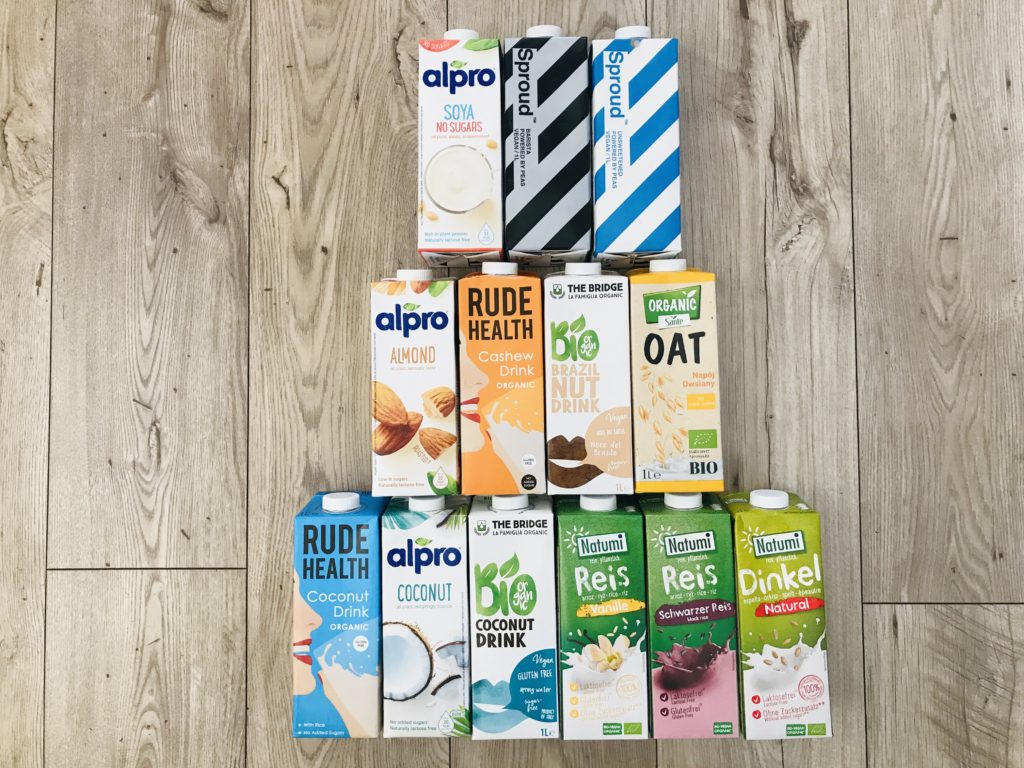
Let us not neglect the fact that they are definitely more expensive than regular milk. But good quality comes with a price! In terms of taste, they all taste like their base product. So, for example, if you are not a fan of oats, chances are that you might not enjoy Oat Milk as much 😊 Although a lot of them are sometimes having additional flavors to mask any strong taste. There is also fortification of vitamins and minerals that are added here to compensate the ones present in animal milk. Prefer Plant Milk fortified with calcium or make sure to consume other calcium rich food like Tofu, Broccoli and Chia Seeds. Some plant milk are sweeter than others, so you need to make your choice in regards to that as well. For example, sweet vanilla flavored Rice Milk will be great for baking but not so good to make a white sauce pasta! Some Plant Milk are creamier than others, for example Cashew Milk, which you will love if you like to add creamy milk to your coffee 😋
Below is a basic comparison among some popular Plant Milk in terms of carbohydrate, protein and fat. This is only a general guideline. It may vary depending on brand, additives etc.

Conclusion
Nature has created mother’s milk in such a complex and amazing way that it contains all the beneficial antibiotics and nutrition that is required by an infant. And once those needs are fulfilled, the production of milk stops on its own. Human beings are the only species that continue to consume milk (that too of a different animal) even after they have moved on from infants to adults.
In my opinion, the best thing that can be done without being drastic, is to change slowly and gradually towards plant based milk and milk products. Once you are more used to them (and hopefully start liking them even more), you may strive towards only plant based dairy consumption. Although keep in mind that plant based does not necessarily mean healthy for you or the environment. It is just a choice seemingly better than animal based dairy.
So have Plant Milk still in moderation, keep an eye on ingredients and avoid any unnecessary additives or sweeteners, try making them at home (that is both easy and inexpensive), buy the ones preferably fortified with additional vitamins and minerals and lastly just like any other commodity, try to buy regional products. If Hemp is not naturally grown in your region, choose another alternative that is, to help both its carbon footprint and your pocket 😏

